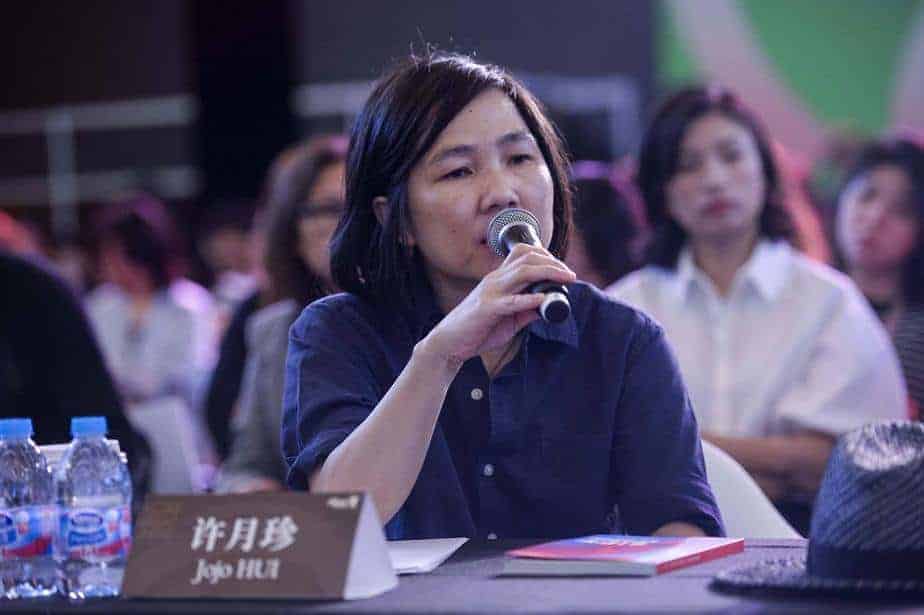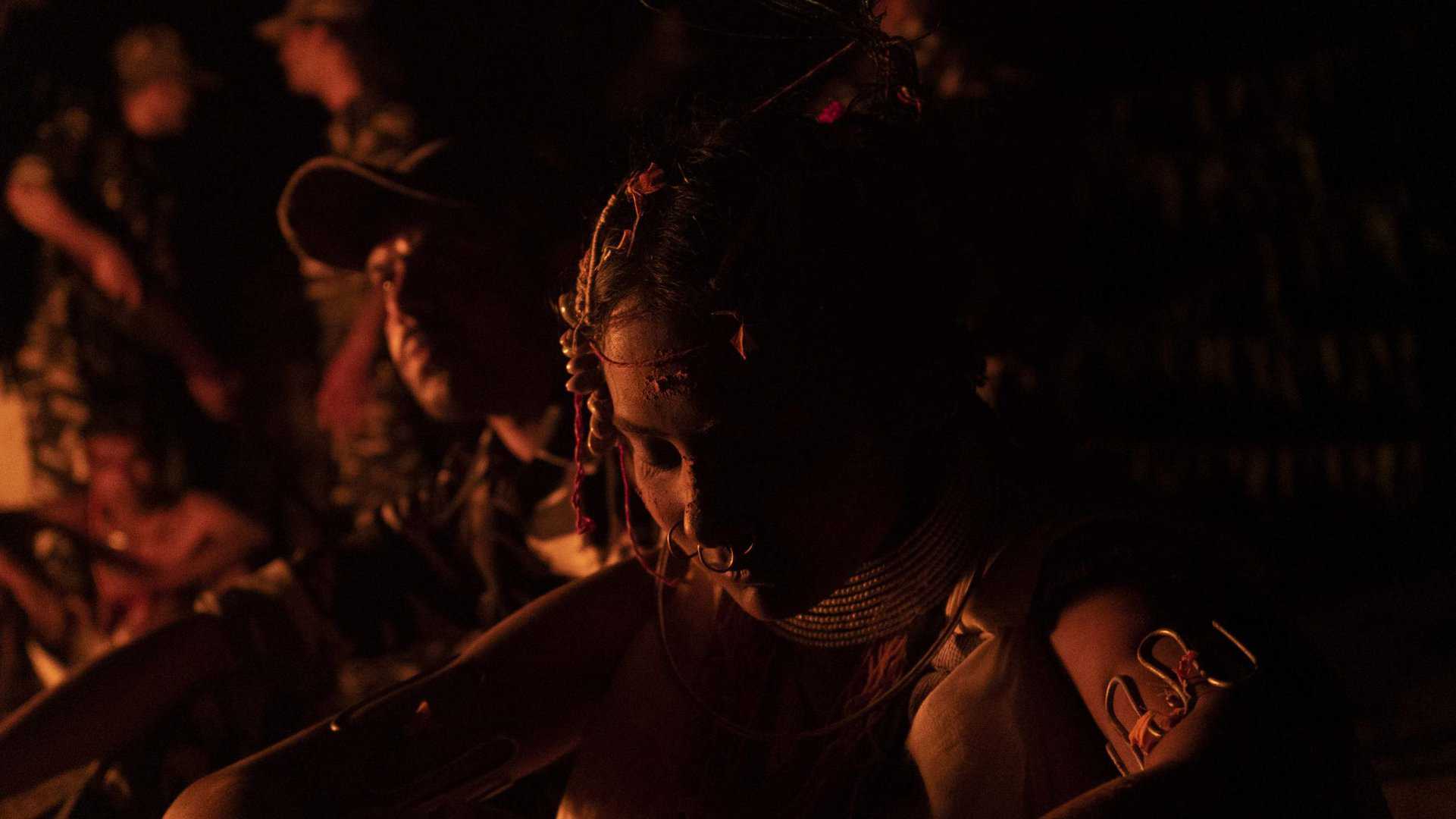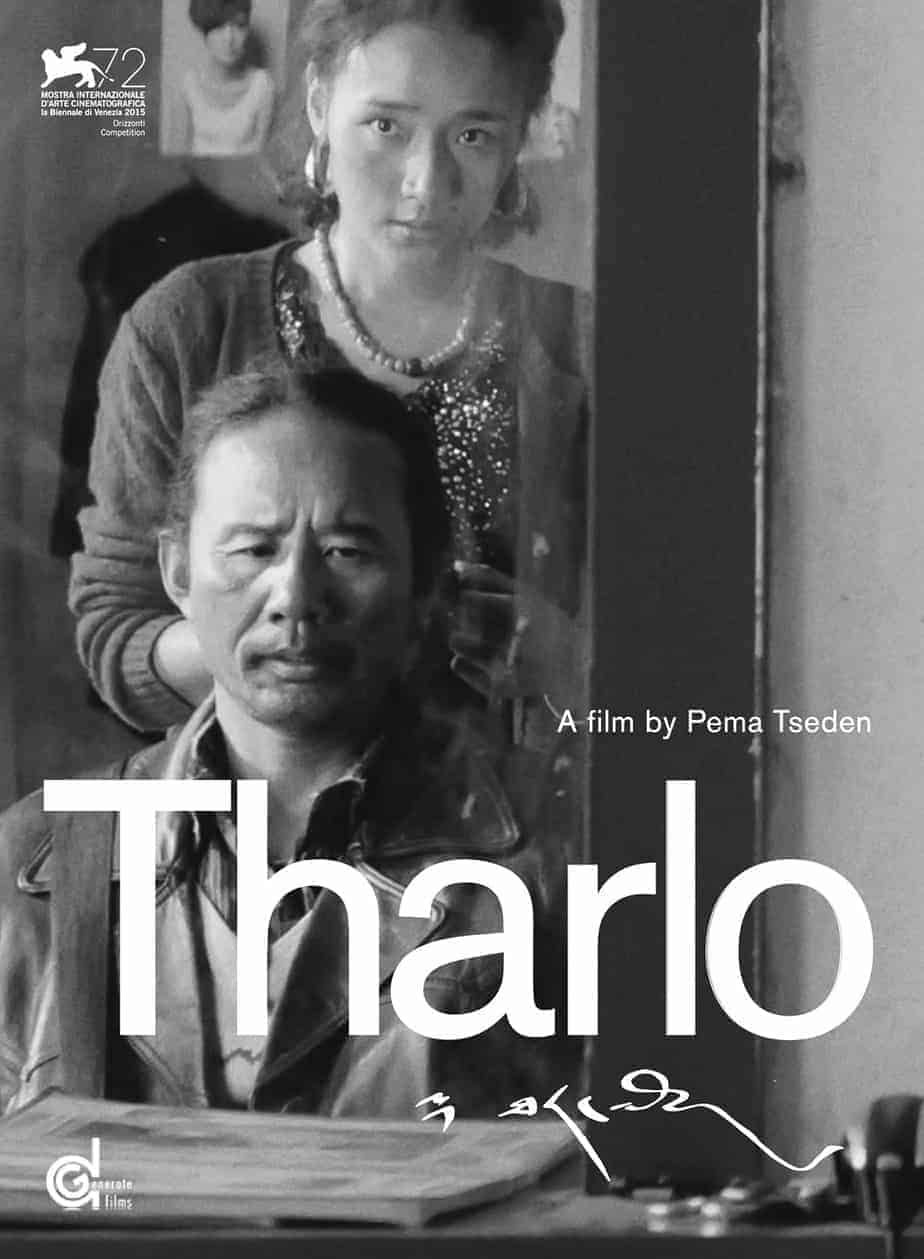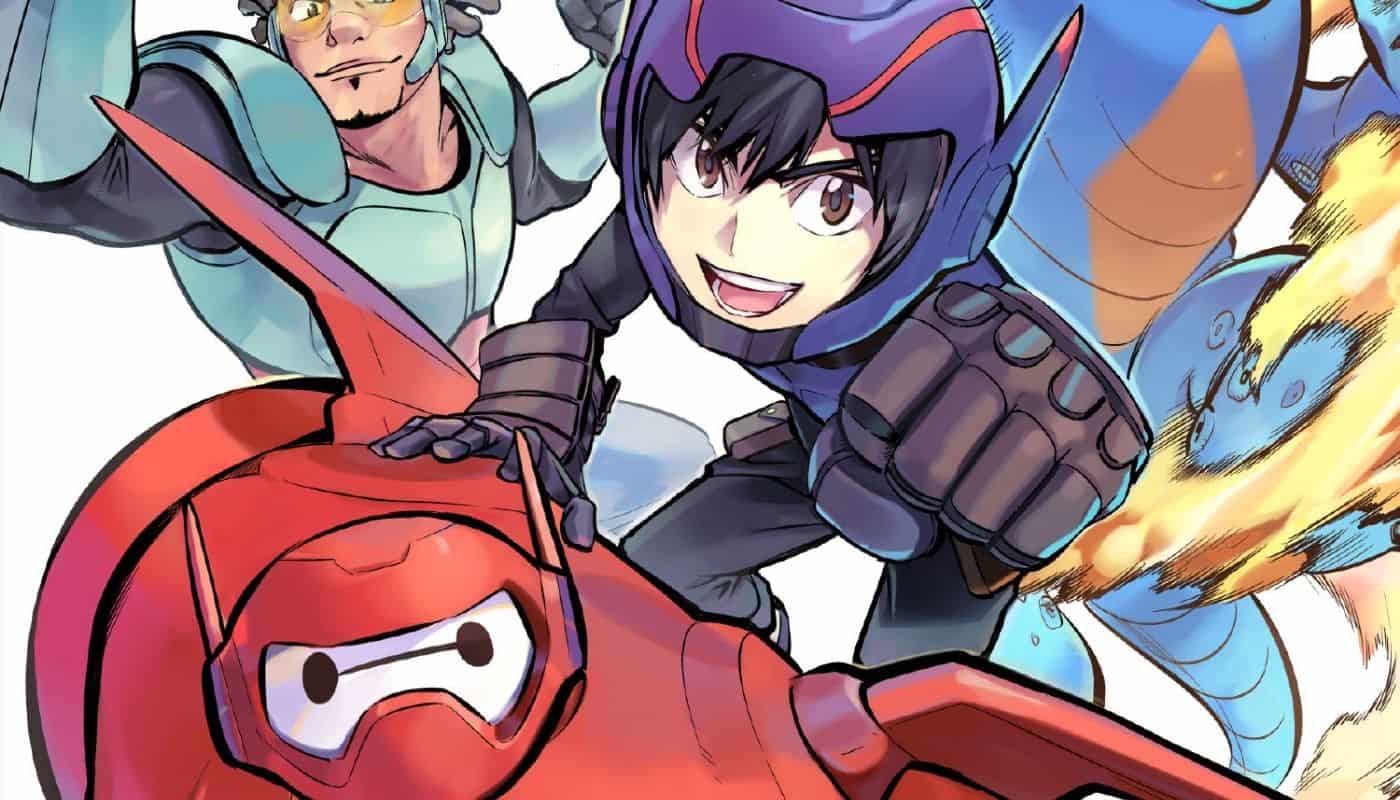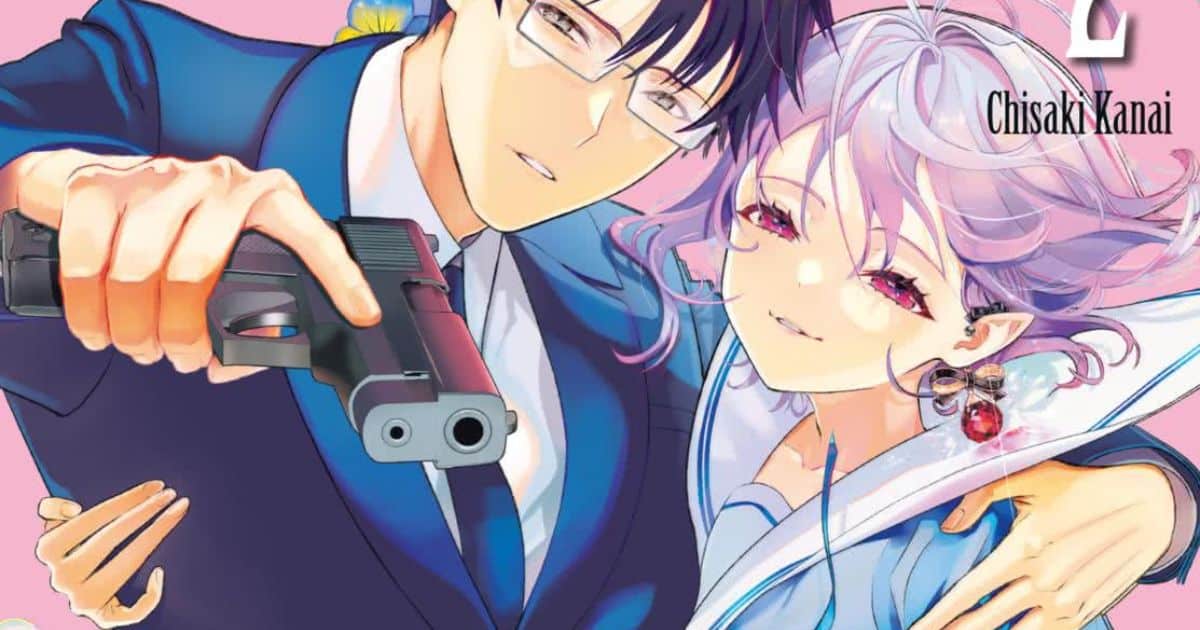A versatile producer in her own right, Jojo Hui Yuet-chun began working as an assistant director in Samson Chiu's Yesteryou, Yesterme, Yesterday (1993) and soon found herself in numerous film projects. She collaborated with Peter Ho-sun Chan on many of his earlier films, including the award-winning Allan and Eric: Between Hello and Goodbye (1991) and He's a Woman, She's a Man (1994). She also served as associate producer and assistant director on acclaimed films such as Chan's Comrades, Almost a Love Story (1997), Teddy Chen's Purple Storm (1999) (which she co-wrote) and The Accidental Spy (2000) starring Jackie Chan. Hui worked with international renowned filmmakers such as Wayne Wangon Chinese Box (1997) as assistant director, and Tsui Harkon Knock Off (1998) as a casting director.
Having joined Applause Picturesin 2002, Hui has since produced a series of smash hits such as Jan Dara (2001), The Eye (2001) (associate producer, writer), Three: Going Home (2001) (producer, writer), Golden Chicken series (2001,2003), The Eye 2 (2004) (producer, writer) and The Eye 10 (2005). She moved on to producing blockbusters such as Perhaps Love (2005) (associate producer), The Warlords (2007) (co-producer, writer), Bodyguards and Assassins (2009), Wu Xia (2011), The Guillotines (2012), American Dreams in China (2013) and award- winning title Dearest (2015).
On the occasion of Cheng Cheng Films releasing the dvd of “SoulMate” we talk with her about finding two phenomenal actresses, working for 30 years with Peter Chan and the virtues of a good producer.
Buy This Title
SoulMate. How did all start?
Peter likes making films about relationships, not necessary romance. I like to dig deeper into human emotions. When we started on “SoulMate”, a story of two girls, he asked us to work without him since he felt he knows too little about the subject. So I put together a team of scriptwriters, reworked the structure and finalized the script.
There is a great chemistry between the two leads. Can you tell us something about the casting process?
I discovered Zhou Dongyu from “Breakup Buddies” and felt she is quite different from other working Chinese actresses. She doesn't fit into China's traditional beauty standards but you find her very lively and unpredictable. Another unique thing about her is she dares to show her vulnerability, and that helps audience relate to a character. We cast Zhou Dongyu and Ma Sichun without deciding who plays which character, so Peter suggested having them try both roles. After two takes, suddenly Peter said to me and Derek “You two, come over.” So the three of us stepped into another room, and he said “Oh my god that was so good!” We then decided to cast Zhou Dongyu for free-spirited Ansen and Ma Sichun for July who longs for stability. According to each actor's style, we also rewrote the scripts. Zhou Dongyu's performance could be limitless at times and we actually encouraged her acting that way, but Ma Sichun always responded to whatever Zhou Dongyu came up with in a calm and accurate manner. Both of them are really good.

How was working with the director Derek Tsang?
Derek grew up surrounded by women, his mom and grandma. He studied abroad and appreciates films that are more artistic and experimental. So he's always willing to try out new things. He always helps fellow emerging filmmakers in need without worrying about competition. The way he treats everyone like his brother is just like his father Eric Tsang. That character of him really touches me. Debating with new filmmakers like Derek would be pointless. Who's right? Who's wrong? There's no definite answer in film making. What I did was setting up test screenings for him. After hearing audience feedback, he would go back to make adjustments himself. There are things he insisted on. If I felt it wouldn't affect box office significantly, I'd let him have his way. If certain changes are very important, I'd negotiate and trade other unimportant parts with him. But he usually took my advice after a week of digestion.

You and Peter Chan have a history of 30 years of collaboration, from Hong Kong to Pan-Asia and mainland China. Do you still work well together?
Peter and I argue with each other a lot but we focus on the issues at hand instead of attacking each other personally, and after arguments we move on. There are two golden ages in our collaboration, one is “Comrades Almost a Love Story” and the other one is making films in mainland China. The scriptwriter of “Comrades” and I are close friends. She always broke down back then because of the pressure Peter gave her, so I would spend time chatting with her until early morning. One time I went back to the office around 4am to print scripts, Peter was the only one left there, still grinding on his storyboard. It struck me because I suddenly felt being a director is difficult and lonely, he has to convince the crew to follow his vision.
After Peter returned from a project in the US, he proposed making Pan-Asian films and convinced me to move up from assistant director to producer. Back then I was an introvert and didn't have enough confidence. I asked “What am I supposed to do?” but agreed in the end. Peter said to others, “She (Jojo) suddenly changed, not only in her ability in production, but also in her communications with people from different backgrounds. She really grew well into into the role.”
When we made “Bodyguards and Assassins”, the construction team wasn't very professional and built a shaky building for us to shoot in. The conflict got escalated, and at one point, the boss of the set threatened our crew by surrounding us with hundreds of security guards. I talked to lawyers, government officials and police in vain. The director also got sick during then and I had to direct the film myself for one day in order to stay on schedule. I had no choice because having such a large crew on set cost money everyday. In the end, we paid half of the extra costs to rebuild the building. After the dispute was resolved, Pete said “We are too naive.”, and I teared up hearing that. Since then I have become fearless, because I feel I have seen everything.
We are blessed to be making films in mainland. We are experiencing the boom of an entire industry so there are many opportunities. We used to have a crew of 35 people for a Hong Kong production, nowadays even a small budget film in mainland takes a crew of 200 people. You get better work from a crew of 200, but you also need to take care of 200 people and deal with 200 personalities. Both of us feel that we gain more creative space here. It is not only about the box office, population, it is an environment that feels both familiar and strange, and the distance leaves a lot for us to imagine.
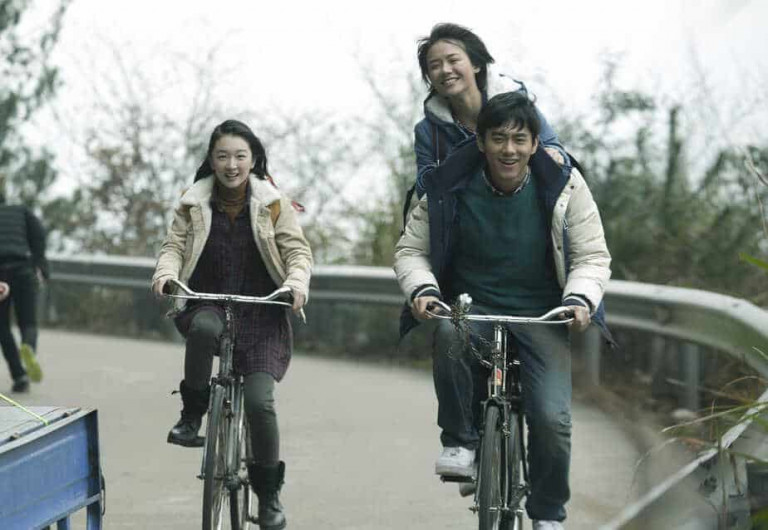
Based on your experience, what do you think makes a good producer?
I watched many masterpieces in college. I feel if I direct and the results are mediocre, I'd feel ashamed for myself and the role models I look up to. So I gave up the idea of directing. I also wrote four film scripts, but ended up being a producer. It is producers' job to dig out source materials. I think good producers are visionary, they understand market without relying on it, because they have original ideas and acute instincts. Casting is also important. Some producers are also strong in promotion and budget control. I can't say I'm a perfect producer, but I am a producer who understands directors. A little smart, a little talented, and not that stubborn…I'm willing to observe and understand things. I don't think my partners would be able to make works as good as ours elsewhere; not that I am arrogant, but because film making is not only about ability, it's also about understanding your partners. There are lots of talented people, but you need to know how to communicate. Good films are results of communications.
And did being a female producer help or handicap you in any way?
I have become less feminine since the day I entered film industry, because I don't want my work or my communications affected by my gender. There certainly are girls who use gender to their advantage and get help from others because they are pretty and tender. But I feel in the long run you still have to rely on yourself.
What is in store for you in the future?
When I listen to directors pitch their projects, first I figure out whether they're able to express their ideas effectively, then I decide whether their emotions are authentic. They have to be moving to me or at least moving to themselves. Whether we get along is also very important. Producer and director work together for a very long time. We can only create something good when we have common goals and are able communicate with each other.
I've always wanted to make a sci-fi film that explores why we exist. Films nowadays are kidnapped by market. Everyone is just trying to make money. But the best thing about cinema is having audience escape to a place of more beauty and kindness for two hours.


